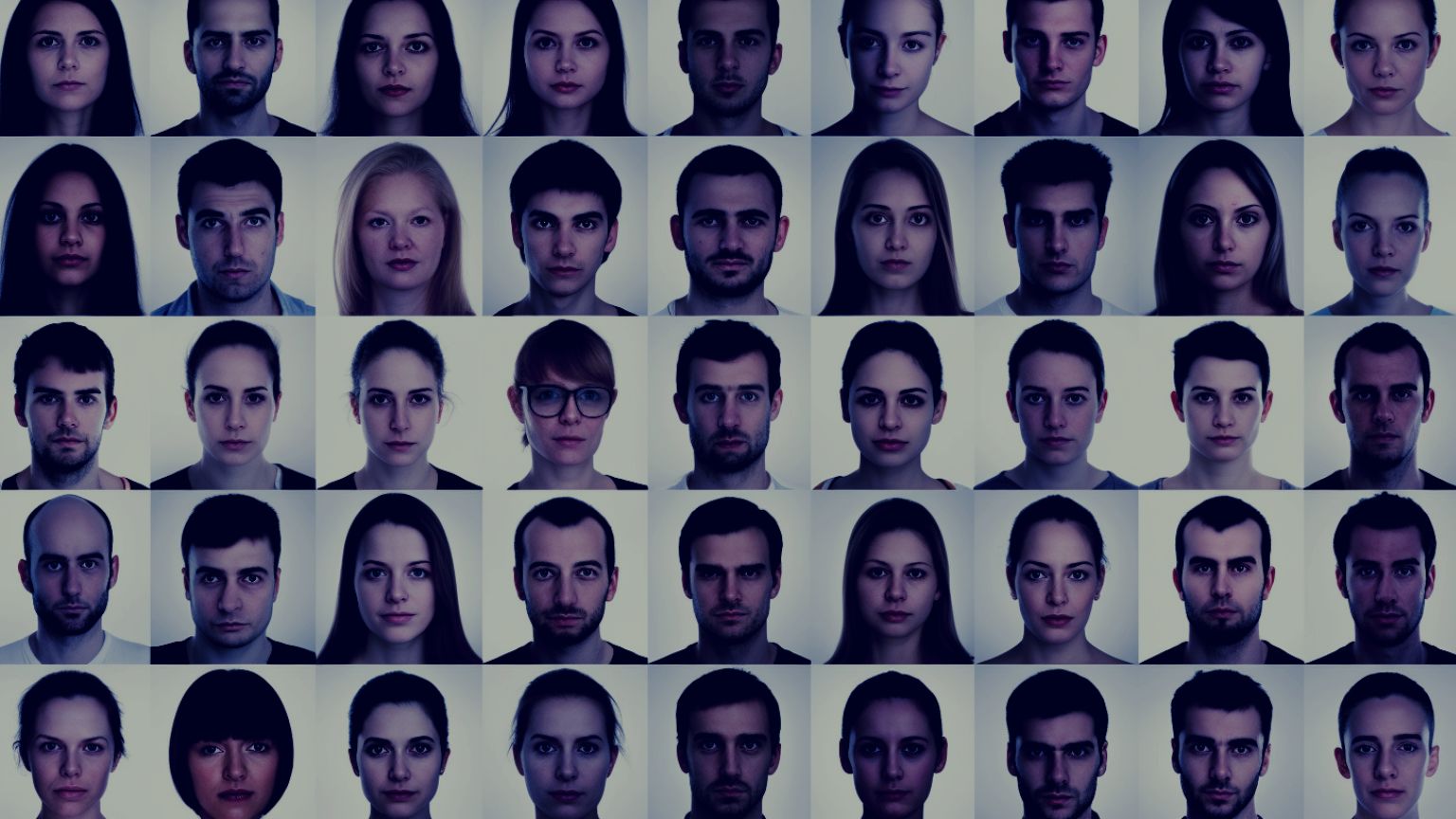The British government has rolled out an unprecedented edict, compelling police to cross-reference with facial recognition technology closed-circuit television (CCTV) footage of all thefts with governmental photographic databases such as that used for passports.
This approach—described by Police Minister Chris Philp as “game-changing”— intends to systematically resolve theft cases by deploying advanced facial recognition technology. Philp’s order, however, is raising strenuous objections from privacy advocates, triggering a larger dialogue about our emerging surveillance culture.
The mandate underlines the application of cutting-edge facial recognition tools to match and identify offenders’ faces from extremely obscure or partial images in the footage of thefts, burglaries, and shoplifting. The tentacles of this surveillance practice extend to doorstep thefts, burglaries, and even instances where video doorbell systems or private CCTV security systems have captured the alleged culprits.
While Philp’s resolve echoes unfiltered enthusiasm for the expanded use of facial recognition, and there sure is a lot of public sentiment to curb rising shoplifting and other crimes, he overlooks the disquieting implication that this technology could subsume personal privacy rights.
Moreover, making surveillance a societal norm might incite criminals to don masks, ironically exacerbating the situation by instigating the enforced usage of identity-obscuring methods and meaning that it’s only law-abiding citizens that end up getting their face scanned.
Philp, who has received briefings on the technology from Metropolitan Police Commissioner, Sir Mark Rowley is committed to implementing these database searches as part of routine investigations.
However, Philp asserts that no legal barricades hamper the utilization of the governing body’s stored ID photos for crime discovery. This endorsement of mass surveillance stands in stark contrast to the privacy norms prized by democratic societies. With this new paradigm, we’re staring at an Orwellian reality where the very concept of privacy is compromised. The pendulum seems to be swinging towards overarching surveillance, engendering unease amidst privacy proponents.
The use of facial recognition technology by police to cross-reference with a passport photo database can be seen as a curb on civil liberties for several reasons. One primary concern is that individuals whose photos are in the database are being subjected to a form of surveillance and potential suspicion without any prior cause. Below are several legal and ethical issues surrounding this practice:
Lack of Consent: Individuals generally provide their photos for passport databases with the understanding that these images will be used for identification purposes related to travel. They do not typically consent to having these photos used for unrelated police surveillance.
Invasion of Privacy: The use of facial recognition technology can be seen as an invasive form of privacy erosion. By cross-referencing facial images captured in public or private spaces with passport databases, law enforcement agencies are conducting a form of surveillance that individuals may not be aware of or agree with.
Presumption of Innocence: One of the foundational principles of many legal systems is the presumption of innocence. By cross-referencing individuals’ photos with criminal investigations without cause, this presumption is undermined as individuals are indirectly placed under suspicion without any evidence of wrongdoing.
Potential for Misuse: Facial recognition technology has shown biases. The cross-referencing of facial images with passport databases can potentially lead to wrongful identifications and further systemic biases.
Due Process Concerns: There might be a lack of due process in the implementation of facial recognition technology. Individuals may not have the opportunity to contest the use of their images in this manner, which can be seen as a violation of their legal rights.
Data Security and Accuracy Concerns: The accuracy of facial recognition technology is not infallible. Misidentifications can occur, leading to potential legal and personal repercussions for individuals wrongly identified. Additionally, the storage and security of the biometric data is a concern as it could be susceptible to unauthorized access or cyberattacks.
Chilling Effects on Free Speech and Assembly: Knowing that they might be identified and tracked, individuals might become reluctant to engage in legal protests or other forms of free expression for fear of retribution or surveillance.
These issues collectively highlight how the cross-referencing of a passport database with facial recognition technology by police can be seen as a serious encroachment on civil liberties and a potential legal quagmire. Without stringent legal frameworks, consent mechanisms, and oversight, such practices can easily stray into ethically and legally problematic territory.













